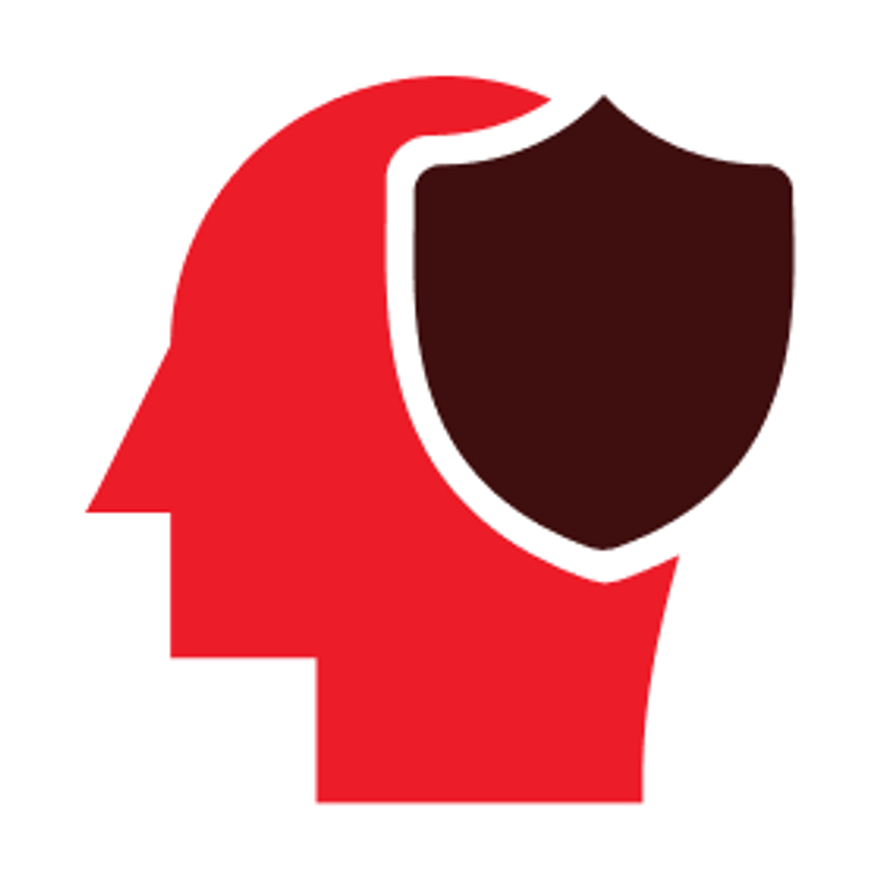People in governance, strategy, risk, compliance, security, and audit are called PROTECTORS because of the work that we do. While we work in different roles and departments, we share a common belief in the Protector Code of Conduct ("Protector Code").
Our Purpose
We serve our organizations and society in various roles. We have a common desire to be strong protectors:
- Produce Value. Good protectors generate value for stakeholders.
- Preserve Value. Good protectors ensure value does not erode or atrophy.
- Principled Performance. Good protectors reliably achieve objectives, address uncertainty, and act with integrity.
We achieve this purpose by honoring our commitment to Professionalism and by using our Protector Mindset™ and our Protector Skillset™ to do our job.
Protector Skillset™
The Protector Skillset is the way we integrate the critical disciplines in everything that we do. As strong protectors, we always leverage the strengths of each discipline to fill gaps and accelerate success.

Governance & Oversight Skills
Governance and oversight skills include the way we constrain and conscribe activities of the organization or some subunit:
- Set direction
- Identify and set boundaries
- Allocate authority
- Authorize performance, risk, and compliance systems
- Shape a culture of integrity
Strategy & Performance Skills
Strategy and performance skills include the way we set objectives and key results; and how we map strategies and tactics to address opportunities, obstacles, and obligations:
- Set objectives and key results
- Identify opportunities, obstacles, and obligations
- Align strategies and tactics
- Manage performance, risk, and compliance systems
Risk & Decision Support Skills
Risk and decision support skills include the way we address uncertainty and make sound decisions:
- Identifying risks
- Assessing risks
- Addressing risks
- Measuring and monitoring risks
- Using decision science and support techniques
Compliance & Ethics Skills
Compliance and ethics skills include the way we address obligations and the risks associated with both mandatory and voluntary boundaries:
- Identify mandatory obligations
- Identify and formalize voluntary obligations
- Assess compliance and ethics risk
- Set policy and procedures
- Educate and communicate with the workforce
- Inspire and shape an ethical culture
Security & Continuity Skills
Security and continuity skills include the way we address significant risks and crises, especially those areas of the organization prone to attack or existential consequences:
- Identifying critical physical and digital assets
- Assessing related risks
- Addressing related risks
- Measuring and monitoring related risks
- Using scenario planning and simulation to practice response
- Performing crisis response when appropriate
Audit & Assurance Skills
Audit and assurance skills include the way we enhance the confidence of internal and external stakeholders that the organization is designed and operating effectively to reliably achieve objectives, address uncertainty, and act with integrity:
- Prioritize assurance activities
- Plan, perform, report, and monitor assessments
- Use design and substantive testing techniques
- Communicate with stakeholders and management to enhance confidence
Protector Mindset™ Attributes
The Protector Mindset is a collection of attributes that we bring to our job and daily activities. We strive for the "Golden Mean" and avoid both the overuse and underuse of these attributes.

Versatile
Wicked problems require an interdisciplinary approach, and a protector mindset brings a versatile skillset to the solution. We strive to integrate critical disciplines to approach our work from multiple dimensions using the Protector Skillset.
We avoid the underuse of versatility where we myopically have a "hammer, and everything looks like a nail." We avoid the overuse of versatility, where we create overly complicated solutions that never get implemented.
Stable
VUCA and Disconnection are fundamentally “destabilizing” forces, and a protector mindset brings stability to the organization. We strive to bring stability against the volatile, uncertain, complex, and ambiguous (VUCA) realities. We strive to be conscientious and careful. We strive to be calm and detached from turmoil.
We avoid the underuse of stability where we might be neurotic, caught up, and chaotic. We avoid the overuse of stability, where we appear to have no emotion, don't care, and are obsessive.
Collaborative
Producing and preserving value requires relationships and teamwork with other people, and a protector mindset is collaborative. We know that relationships are everything and that through teamwork, we can do more than by ourselves.
We avoid the underuse of collaboration where we are isolated, antagonistic, and hoarding information. We avoid the overuse of collaboration, where work becomes a social club and where nobody owns outcomes.
Accountable
Too many people blame others and pass the buck because “it’s not my job,” and a protector mindset brings accountability. We know that we can always be more accountable and take ownership of more.
We avoid the underuse of accountability where we blame others, wait for others and say, "it's not my job!". We avoid the overuse of accountability, where we step on toes, micromanage and potentially move beyond the scope.
Proactive
The modern economy moves fast, and the protector mindset knows that being proactive helps win the day. We know that being proactive reduces the risk of being caught off guard, helps us correct errors, and be more courageous.
We avoid the underuse of proactivity where we are clueless, paralyzed, and cowardly. We avoid the overuse of proactivity, where we leap without looking or too frequently change without ever reaching a steady state.
Visionary
Dealing with obstacles and obligations can make us forget the big picture, and so a protector mindset brings vision to the organization. We know that being purposeful, optimistic, and focusing on the long game is critical.
We avoid the underuse where we are myopic, pessimistic (even cynical!) and focus on the short game. We avoid the overuse where we get too abstract, too naive, and without an end in sight.
Professionalism
As strong protectors, we make a commitment to being professional in everything we do. We commit to ourselves, our organizations, society, and each other.
Commitment to Ourselves
We owe it to ourselves to produce value, preserve value and achieve Principled Performance. By using the Protector Mindset and the Protector Skillset, we excel at work and in our daily activities.
Commitment to Our Organizations
We owe it to our employing organizations to have the highest level of integrity, exercise objective and competent judgment on its behalf and promote Principled Performance in everything we do.
Commitment to Society
We owe it to society to contribute to the public good by helping every organization and individual achieve Principled Performance and with our willingness and courage to address misconduct, mistakes, and miscalculations whenever we see them.
Commitment to Each Other
We owe it to each other to be accountable to the Protector Code, hold each other to the Protector Code, and cheerfully help each other succeed.
Enforcement
There may be times when we fall short of the Protector Code. When we do, we strive to confront the issue and fix it.
There may be times when we see our peers fall short of the Protector Code. When we see it, we commit to taking steps to help that individual resolve the issue.
When feasible, we directly approach our peer whose behavior is in question to discuss how to help and resolve it. If the matter remains unresolved, a referral for review and appropriate action should be made to support@oceg.org
.





